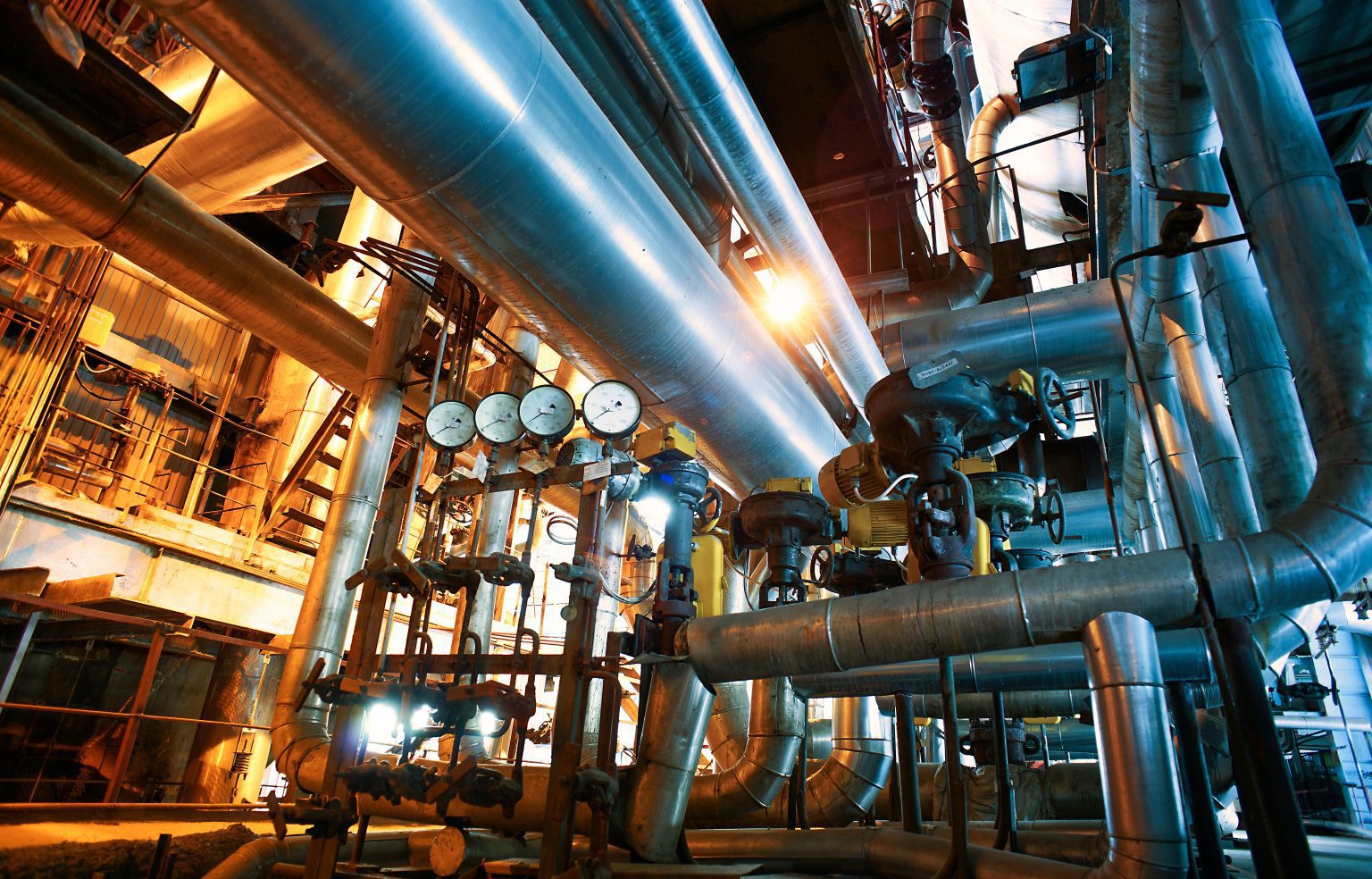Petrochemical Rubber Moulding
SRM is one of the UK’s leading suppliers of Petrochemical Rubber Moulding
We have been involved in the sector for over 40 years and as such, have a wealth of experience and industry knowledge.
We stock specialist Viton as standard (which is not the industry norm). Viton is used due to its chemical resistance and ability to maintain its integrity under extreme temperatures up to 300c. It is a premium quality material developed for specialist applications.
The other compound we use in the industry is Nitrile; this is a lower cost material with great oil resistance, but has a lower temperature threshold and so is a good cost-effective alternative in seals where high temperature tolerance is not a priority.
Products we make include:
- Bespoke Seals
- O Ring
- Die-Cut Gaskets
- Sealing Chambers or Pipe Flanges
We also offer a repair and replace service for rubber-to-metal bonded parts.
We can produce part die-cut, injection-moulded or compression-moulded parts, depending on application, size and quantity:
- Die-Cut – for flat seals
- Injection Rubber Moulded – most suitable for parts of up to 4KG
- Compression Rubber Moulded – for large seals of 4KG+
For more information about the work we do with the petrochemical industry or how we can help with your project please contact us today
Benefits of Rubber Moulding in the Petrochemical Industry
Rubber moulding offers numerous benefits to the petrochemical industry. Firstly, it allows for the creation of complex shapes and designs that traditional manufacturing processes cannot achieve. This flexibility enables companies to develop innovative products, improve functionality, and meet specific customer requirements. Additionally, rubber moulding offers excellent dimensional accuracy, ensuring consistent and precise components. This is crucial in industries where precision is paramount, such as the petrochemical sector. Moreover, rubber moulding provides exceptional durability and resistance to harsh environmental conditions, chemicals, and extreme temperatures. This makes it an ideal choice for petrochemical applications that demand reliability and longevity. Furthermore, rubber moulding allows for efficient mass production, reducing production time and costs while maintaining the highest quality standards. These benefits make rubber moulding a game-changer in the petrochemical industry.

Types of Rubber Moulding Processes Used in the Petrochemical Industry
 The petrochemical industry utilises various rubber moulding processes to create a wide range of components. One commonly used technique is injection moulding. This process involves injecting molten rubber into a mould cavity using high pressure. Injection moulding offers fast production cycles, high repeatability, and precise control over component dimensions. Another popular method is compression moulding. In compression moulding, raw rubber material is placed into a heated mould cavity and compressed to achieve the desired shape. This process is suitable for producing large, intricate components. Transfer moulding is another technique used in the petrochemical industry. It involves forcing rubber material through channels into a heated mould cavity, resulting in efficient production with reduced material waste. Each of these rubber moulding processes offers unique advantages and is chosen based on specific component requirements.
The petrochemical industry utilises various rubber moulding processes to create a wide range of components. One commonly used technique is injection moulding. This process involves injecting molten rubber into a mould cavity using high pressure. Injection moulding offers fast production cycles, high repeatability, and precise control over component dimensions. Another popular method is compression moulding. In compression moulding, raw rubber material is placed into a heated mould cavity and compressed to achieve the desired shape. This process is suitable for producing large, intricate components. Transfer moulding is another technique used in the petrochemical industry. It involves forcing rubber material through channels into a heated mould cavity, resulting in efficient production with reduced material waste. Each of these rubber moulding processes offers unique advantages and is chosen based on specific component requirements.
Key Considerations for Efficient and High-Quality Rubber Moulding
To achieve efficient and high-quality rubber moulding, several key considerations must be taken into account. Firstly, careful design and engineering of the mould is essential. The tool should be designed to facilitate proper material flow, cooling, and ejection of the finished component. Additionally, selecting the right rubber material is crucial. Factors such as chemical resistance, temperature tolerance, and mechanical properties must be considered to ensure the material is suitable for the intended application. Furthermore, proper tool maintenance is vital to ensure consistent quality and prevent defects. Regular cleaning, lubrication, and inspection of the tool are necessary to prolong its lifespan and maintain production efficiency. Lastly, implementing robust quality control measures throughout the moulding process is necessary to identify and rectify any issues promptly.
Importance of Selecting the Right Rubber Material for Moulding
Selecting the right rubber material for moulding is a critical decision that impacts the performance and longevity of the final product. Petrochemical applications often require rubber components that can withstand extreme temperatures, harsh chemicals, and challenging environmental conditions. Therefore, it is crucial to choose a rubber material that exhibits excellent resistance to these factors. Additionally, mechanical properties such as tensile strength, elongation, and hardness must be considered to ensure the rubber component can withstand the required loads and pressures. Moreover, compatibility with other materials used in the petrochemical industry is essential to avoid adverse reactions or degradation
Conclusion: Achieving Efficiency and Quality in Rubber Moulding
Rubber moulding has revolutionised the petrochemical industry by providing efficient and high-quality solutions for component production. Through the benefits of flexibility, dimensional accuracy, durability, and mass production capability, rubber moulding has become an indispensable process. By considering key factors such as mould design, material selection, maintenance, and quality control, petrochemical companies can achieve efficient and high-quality rubber moulding. Furthermore, advancements in technology continue to drive innovation in rubber moulding techniques and materials, opening up new possibilities for the industry.
For more information about rubber moulding in the petrochemical industry, or to discuss your requirements speak to one of our experts today.
